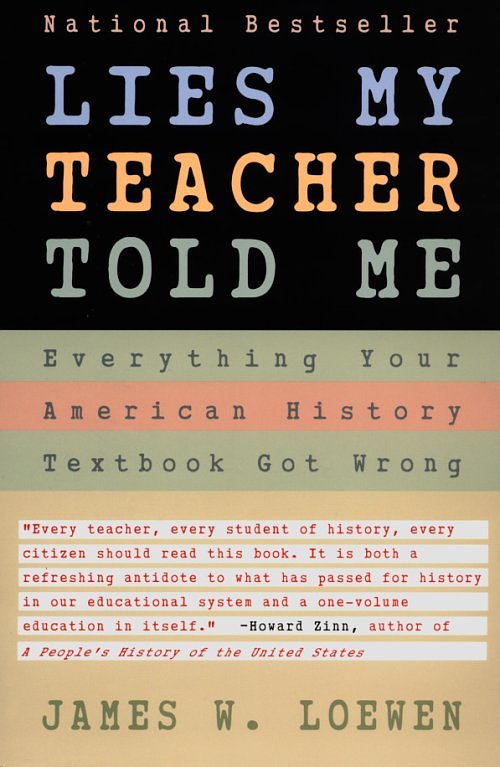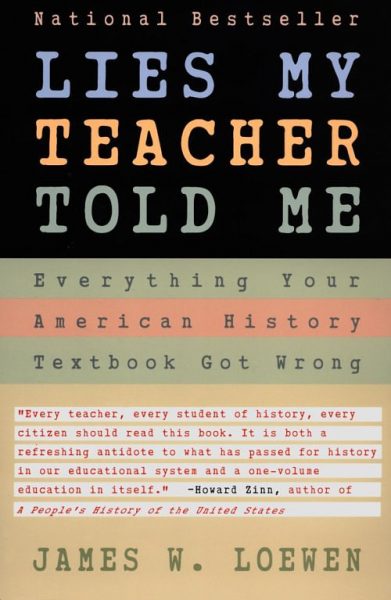The first ever scientific study of whether Palestinian textbooks actually vilify Israelis as badly as a long-standing pro-Israel narrative claims they do — and vice versa — has poked a big hole in both sides’ version of the argument.
In case you were worried anyone might react unpredictably to this news:
- Palestinian Authority Prime Minister Salam Fayyad welcomed the study,
- Both The Forward and The New York Times led with how the study deflates the Israeli half of the textbook narrative,
- The Jerusalem Post headline called the study “another Goldstone Report,”
- And the Israeli government is pouting in a corner, after “denounc[ing] the findings as ‘predetermined,’ without elaborating.”
Kidding and cynicism aside, the main thrust of the study sounds pretty good: As The Forward put it, “neither Palestinian nor Israeli schoolbooks demonize the other people or refer to them as subhuman.” That sounds good, right?
But let’s take a look Forward reporter Naomi Zeveloff’s full sentence:
The study’s first, and perhaps most surprising, finding is that, for the most part, neither Palestinian nor Israeli schoolbooks demonize the other people or refer to them as subhuman.
Indeed, pretty much everyone is taking the news with some variation of surprise — though some (*ahem* Israeli officials *ahem*) veer closer to the shocked and appalled side of the surprise continuum than is really necessary here. Though I’m glad that a scientific study is now on my side, I can’t say I’m at all surprised, nor can I say that I imagine this study doing much of anything to change anyone’s mind.
In the 9th grade, perhaps sensing that I was actually paying attention, my American history teacher loaned me a copy of “Lies My Teacher Told Me.” A sort of American history anti-textbook, “Lies” is a catalog of mistakes and omissions found in the most common American history textbooks of our day. Of course, it includes eye-opening material on WWII Japanese internment and mistreatment of American Indians (I don’t care how much you consider yourself a well-educated liberal, you don’t know the half of either of these chapters of American history). But it also includes terrific tidbits like what happened to Helen Keller when she grew up (she was an outspoken Socialist, a member of the Industrial Workers of the World and all-around radical leftist) and what Johnny Appleseed was really up to (raw apples were not eaten in his day, only use for alcoholic cider).
Most of all, it taught me that the Churchillian, “History is written by the victors,” is a simplification. American history textbooks don’t ignore Japanese internment or functionally genocidal U.S. policies regarding American Indians. But they minimize, they spend insufficient ink on those dark chapters, they constructing narrative of never-ending forward progress. It as if those things are OK now because we’ve gotten better since then. We are a great nation now, they say — or sometimes just assume — and that renders those mistakes moot because we are so damn great now.
In the case of Palestinian and Israeli textbooks, things are a great deal murkier. There is no victor yet. And one day, when the conflict is over, I sincerely hope that there will be no one victor. In this situation, I’m not even sure how there can be one.
So I’m not surprised that Israeli and Palestinian textbooks are a little more subtle than an all-out vilification of the other side. But I’m not surprised that they leave a lot to be desired either.
And I’m certainly not surprised by anyone’s surprise.


